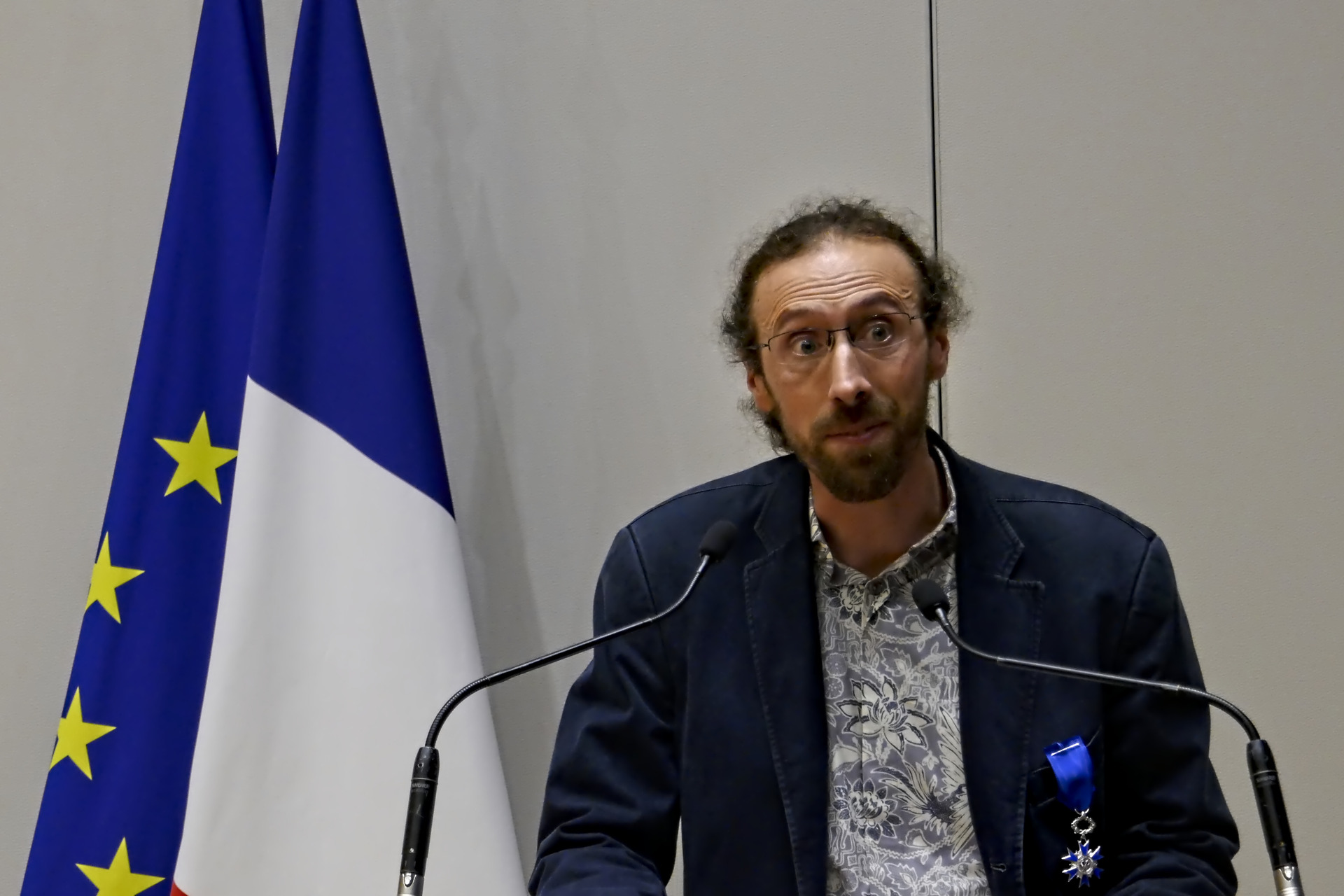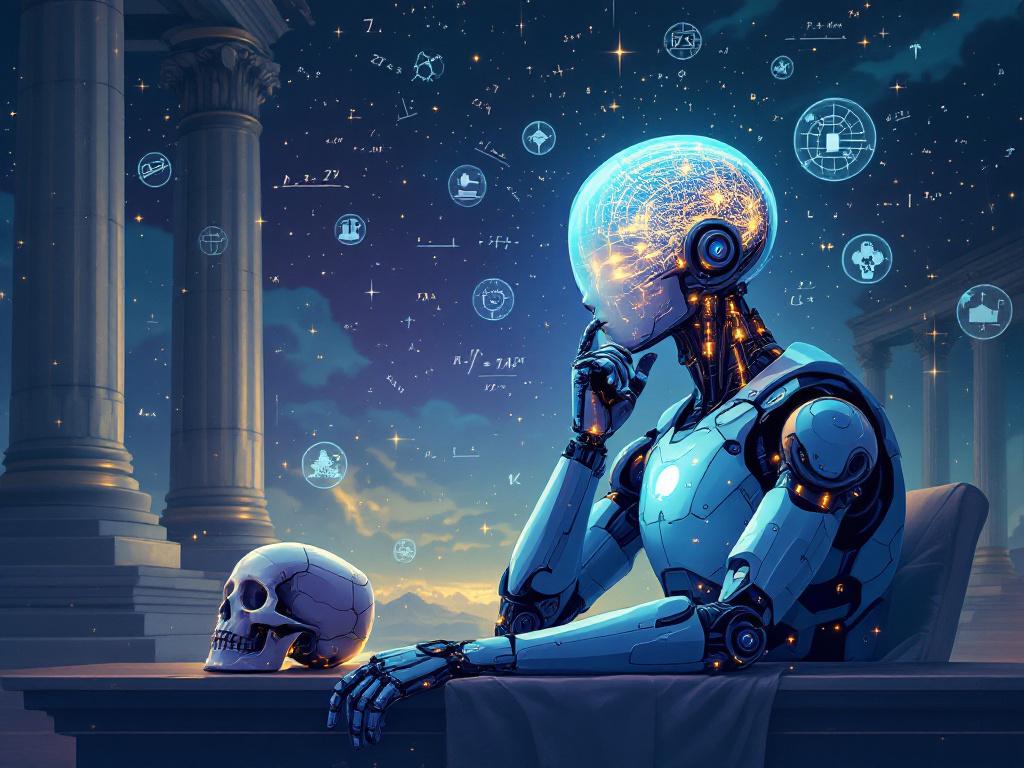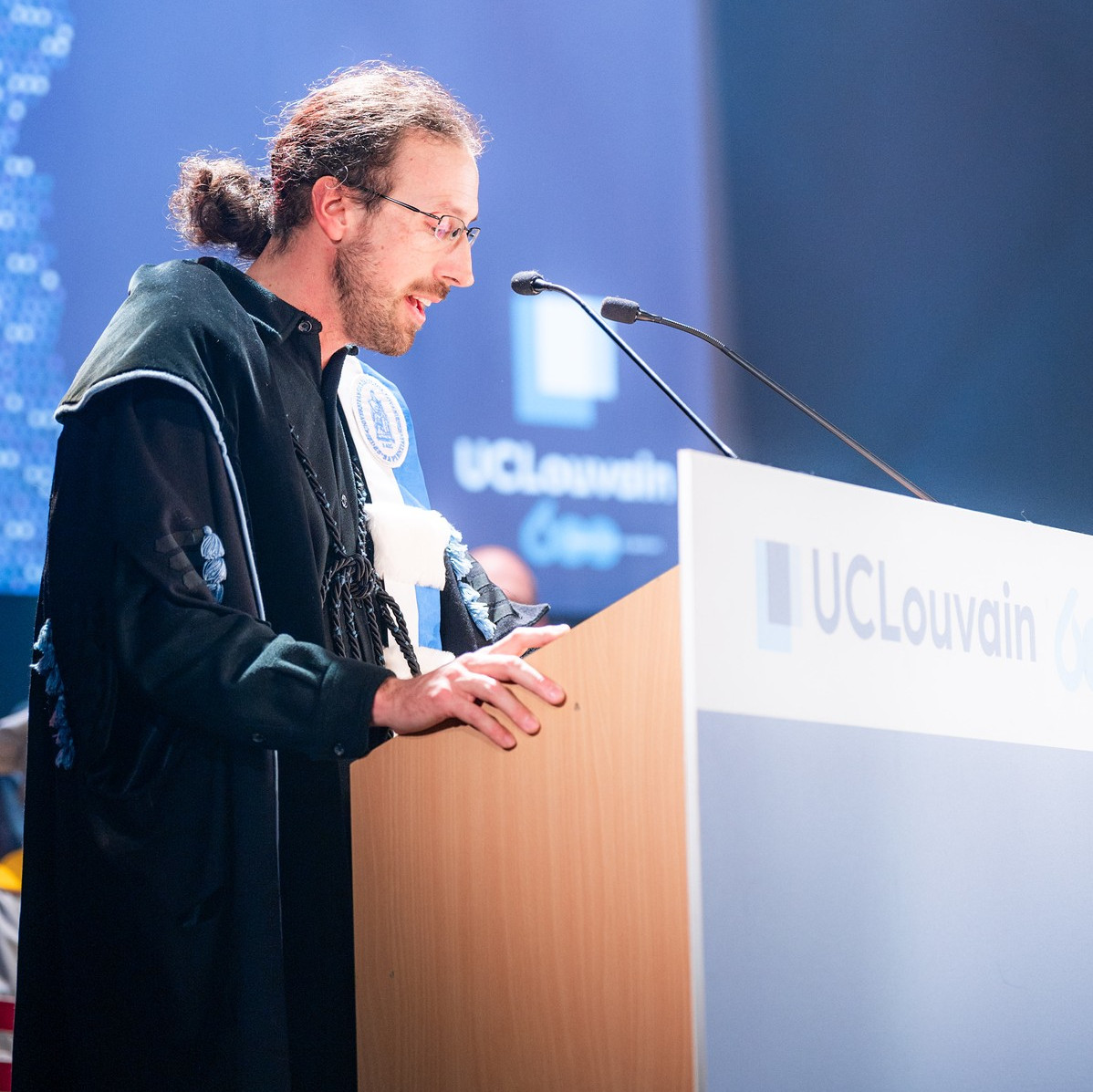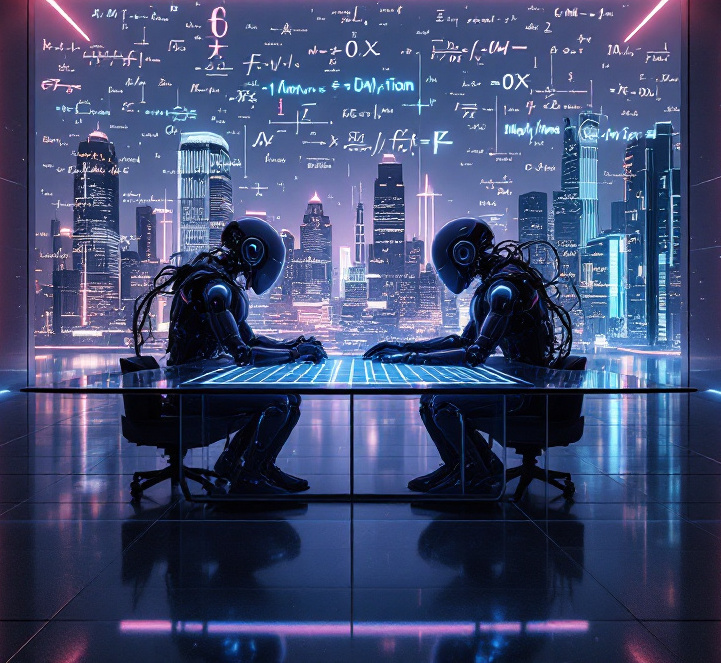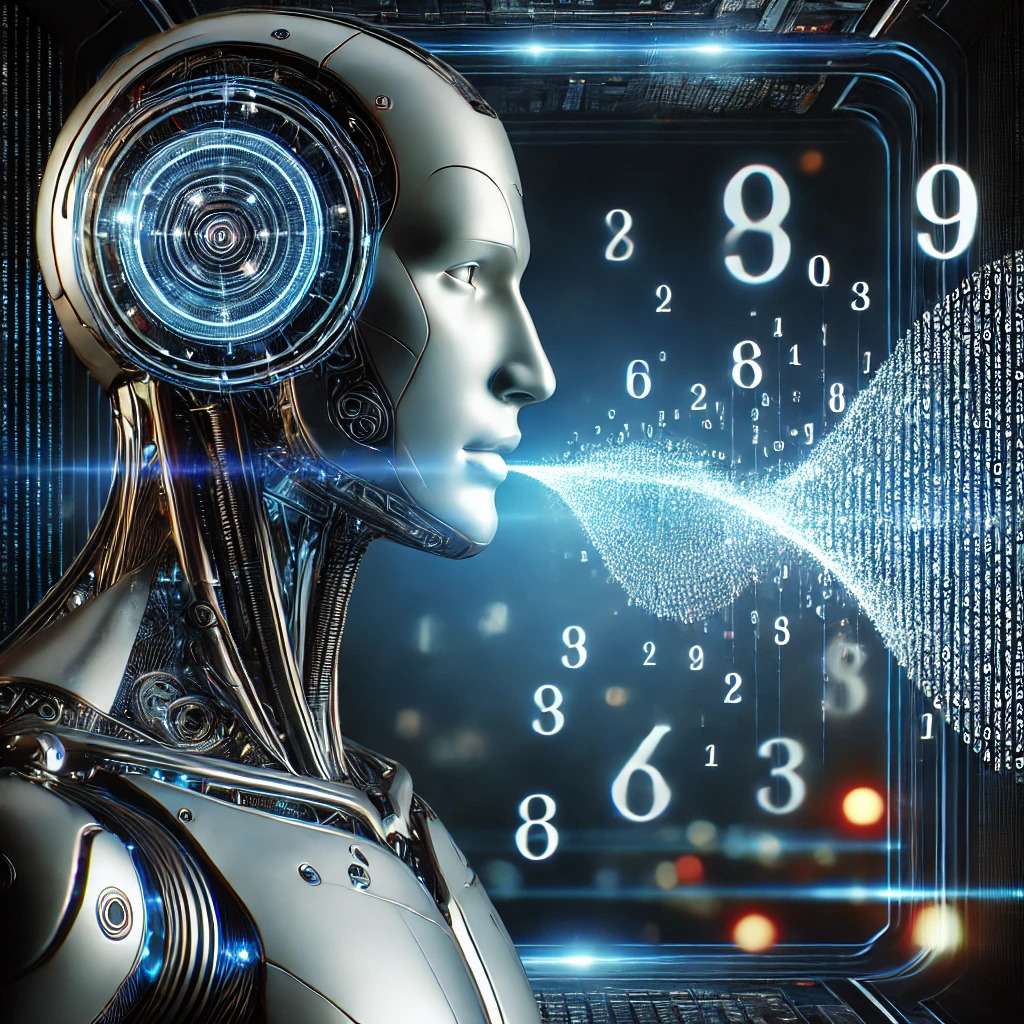Maïc, you lived 100 years, what changed?
At Maïc’s 100th birthday, I asked her “you lived 100 years, what was the most important change for you?”. She mentioned “Internet”. I asked, why was the Internet important to her eyes? Because this is how she kept close contact with her loved ones, sharing travels or discussing everyday …

